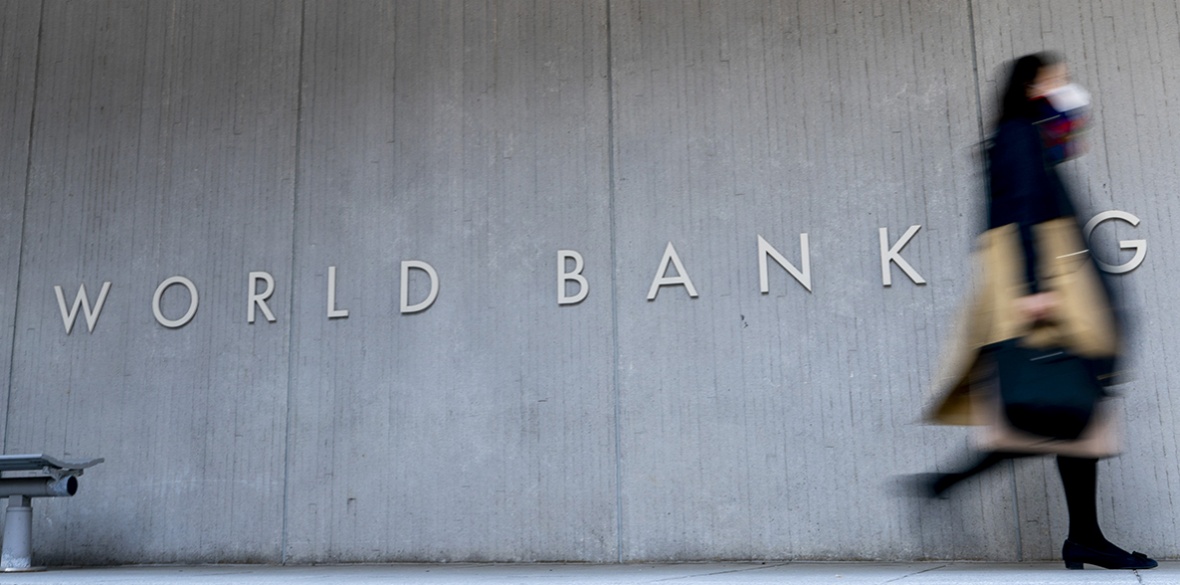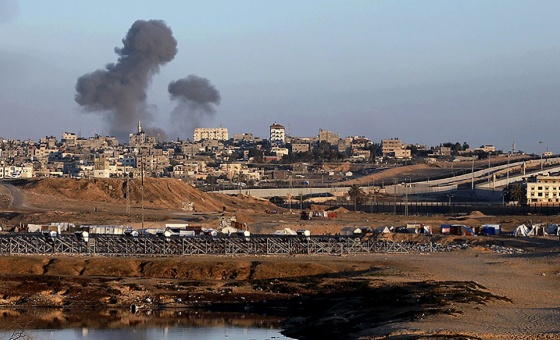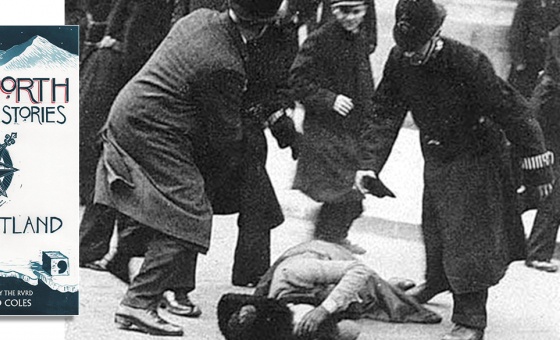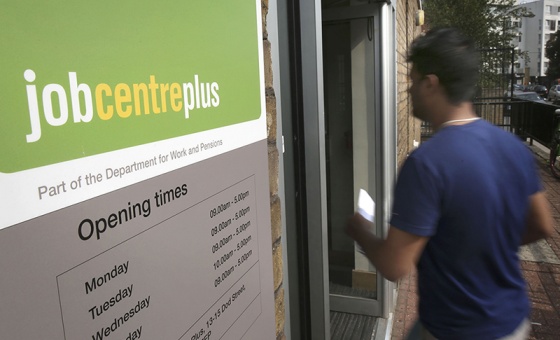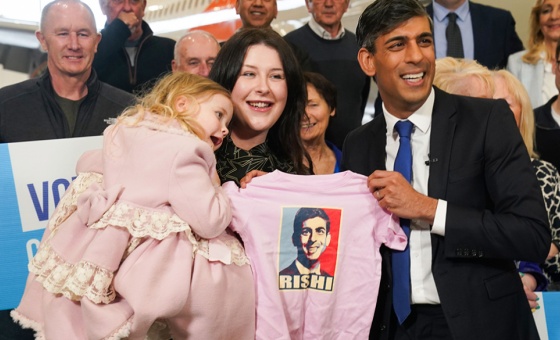This is the last article you can read this month
You can read more article this month
You can read more articles this month
Sorry your limit is up for this month
Reset on:
Please help support the Morning Star by subscribing here
PRESSURE is rising for reform of the World Bank and International Monetary Fund (IMF) after UN secretary-general Antonio Guterres launched scathing criticisms of both institutions.
The World Bank’s new chief Ajay Banga is due in Paris later this week at the “summit for a new global financial pact” to be presided over by French President Emmanuel Macron and Barbados Prime Minister Mia Mottley.
Mr Guterres said the pandemic had shown up the way IMF rules favour the richest countries, with G7 nations with a combined population of 772 million receiving $280 billion (£220bn) in pandemic assistance while the least developed countries, with a population of 1.1 billion, got just $8bn (£6.2bn).
Decades of dominance of the financial system by the West had let down the developing world, Mr Guterres charged, pointing out that Africa spends more on debt service costs than on healthcare and that some governments are being forced to choose between debt repayments or defaulting in order to pay public-sector workers.
Ms Mottley has pushed for wealthy countries to increase the capital available to the World Bank and to overhaul its lending strategies, partly to address climate change.
But both institutions are structured to secure control by the richest countries: the IMF, for example, has an 85-per-cent-in-favour threshold for reforms, with the United States holding a 16.77 per cent share of the vote.
The conference, which starts on Thursday, reflects increasing concern in Western capitals that the global South is turning away from the US-dominated institutions, whose loans often require signing up to economic reform packages focused on deregulation and spending cuts, in favour of alternative lenders who attach fewer strings — notably China, whose Belt & Road Initiative overtook the World Bank as the biggest lender of development finance in 2019.
The Brics’ (Brazil, Russia, India, China and South Africa) New Development Bank and the China-based Asian Infrastructure Investment Bank are increasingly seen as rivals to the IMF and World Bank.
Trade in non-dollar currencies is on the rise as countries react to US sanctions, with Russia now dealing with China and India in yuan and rupees and the Brics bloc talking of establishing its own reserve currency. Nevertheless, 90 per cent of global exchange trading is still conducted in dollars.

